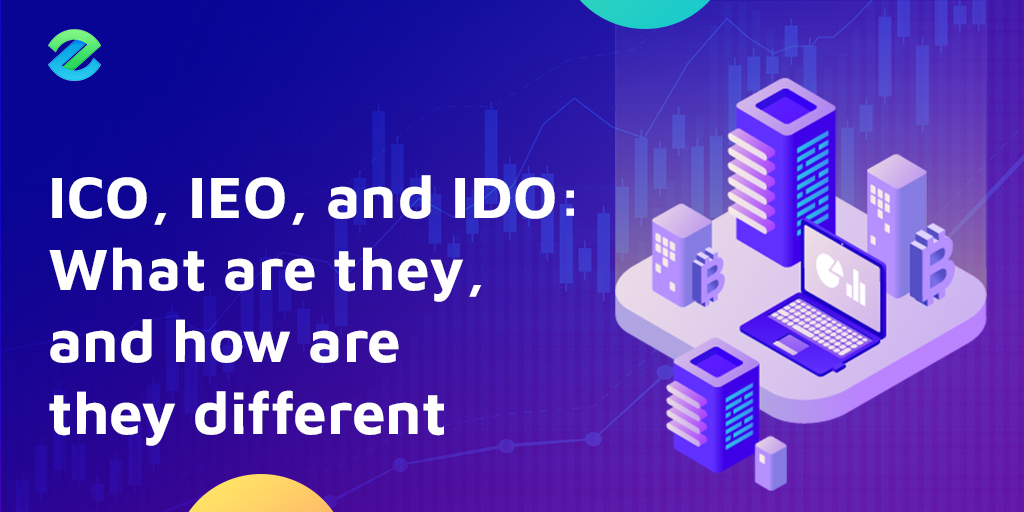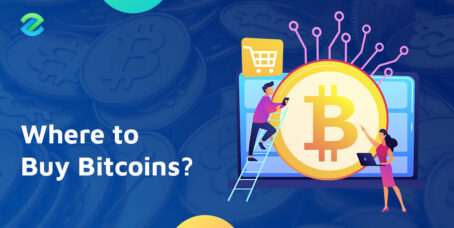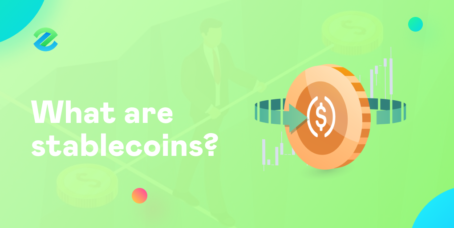New crypto projects require a large amount of capital to actualize their ideas. Since the crypto market is not regulated, borrowing funds from banks and institutional investors is not an option. Instead, new crypto projects turn to the public or individual investors to raise the money needed. From here, Initial Coin Offering (ICO) was born, quickly gaining popularity among crypto start-ups and investors. Next came another trend to fund new crypto projects, the Initial Exchange Offering or IEO, followed by Initial DEX (Decentralized Exchange) Offering or IDO.
Table of Contents
What is ICO?
The initial offering in the crypto market is the funds raised for the first time from the public in exchange for digital assets such as coins or tokens. An initial coin or token offering or ICO is a form of crowdfunding that crypto start-ups deploy to raise capital to fund their project development by selling the project tokens or coins to the public. It is equivalent to an initial public offering (IPO) for the stock market, in which a company goes public and sells its shares to potential investors.
But unlike an IPO, ICO investors normally do not receive a stake in the company or the right to dividends unless it is classified as a security coin or token. However, if the project does well, the investor coin value increases and thus realizes a capital gain on the investment when selling the coin at a higher price. Investors can also use their tokens as a utility to pay for services the project provides. For example, holders of Travala tokens can purchase airline tickets and book hotel rooms online on the Travala website.
Although it has taken ICO several years to gain popularity, this method quickly lost its appeal to the public. The ICO model has drastically declined since its incubation in 2017, as most ICOs belonged to scammers and fraudulent projects. Today, the most popular crowdfunding is IEO and IDO, among others.
What is IEO?
IEO is a form of ICO initiated by centralized crypto exchanges on behalf of crypto start-ups. The main difference between IEO and ICO is the presence of a crypto exchange as an intermediary. A team at the centralized exchange assesses the project viability and potential before offering its coin or token to the public and listing it immediately on the exchange platform.
Unlike an ICO where the project team is responsible for fundraising, the exchange oversees the initial offer, facilitating the process through its infrastructures, such as users base and advertising channels. In return, the exchange receives listing fees and a percentage of the token sales.
Decentralized exchanges launch the coin offering through their launchpad, where registered users can participate and buy the initial tokens available for sale. The exchange may exercise some or total control over the process. They may set the minimum price of a token and the limit on the sale volume of digital assets per user. Popular decentralized crypto exchanges that offer IEO services include Binance (Binance Launchpad), Kucoin (Kucoin Spotlight), Gate.io (Gate.io Startup).
What is IDO?
An IDO is similar to an IEO expect the initial coin offer occurs on a decentralized exchange platform. These types of exchanges don’t have a central authority or require human intervention. The terms and conditions or operations are preprogrammed in smart contracts and executed automatically with a predefined set of rules.
Most IDOs take place on Uniswap built on the Ethuerem blockchain. But there is a growing use of other blockchains too. Uniswap and similar crypto decentralized exchanges are increasingly becoming the preferred platform for fundraising for DeFi tokens distribution. IDOs are gaining in popularity and are likely to become the new industry standard. Now, mainly through IDO, DeFi projects are raising funds.
As you can see, the models for funding young crypto projects are improving every year. However, this does not mean that you should blindly rely on the good faith of issuers and the security of the trading platforms. Therefore, before investing in any project, study its white paper, look for information about its team members, and read its community reviews.









